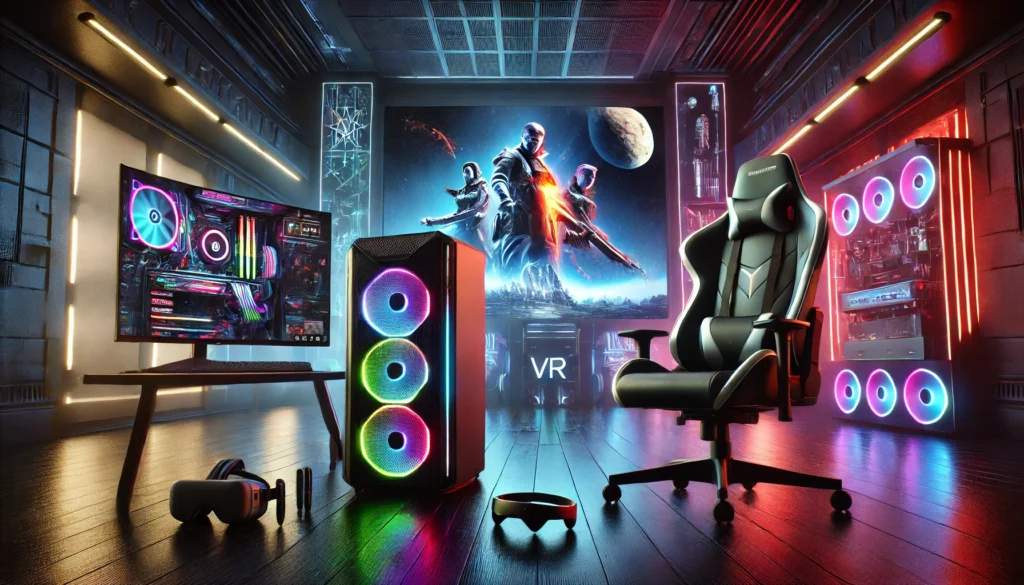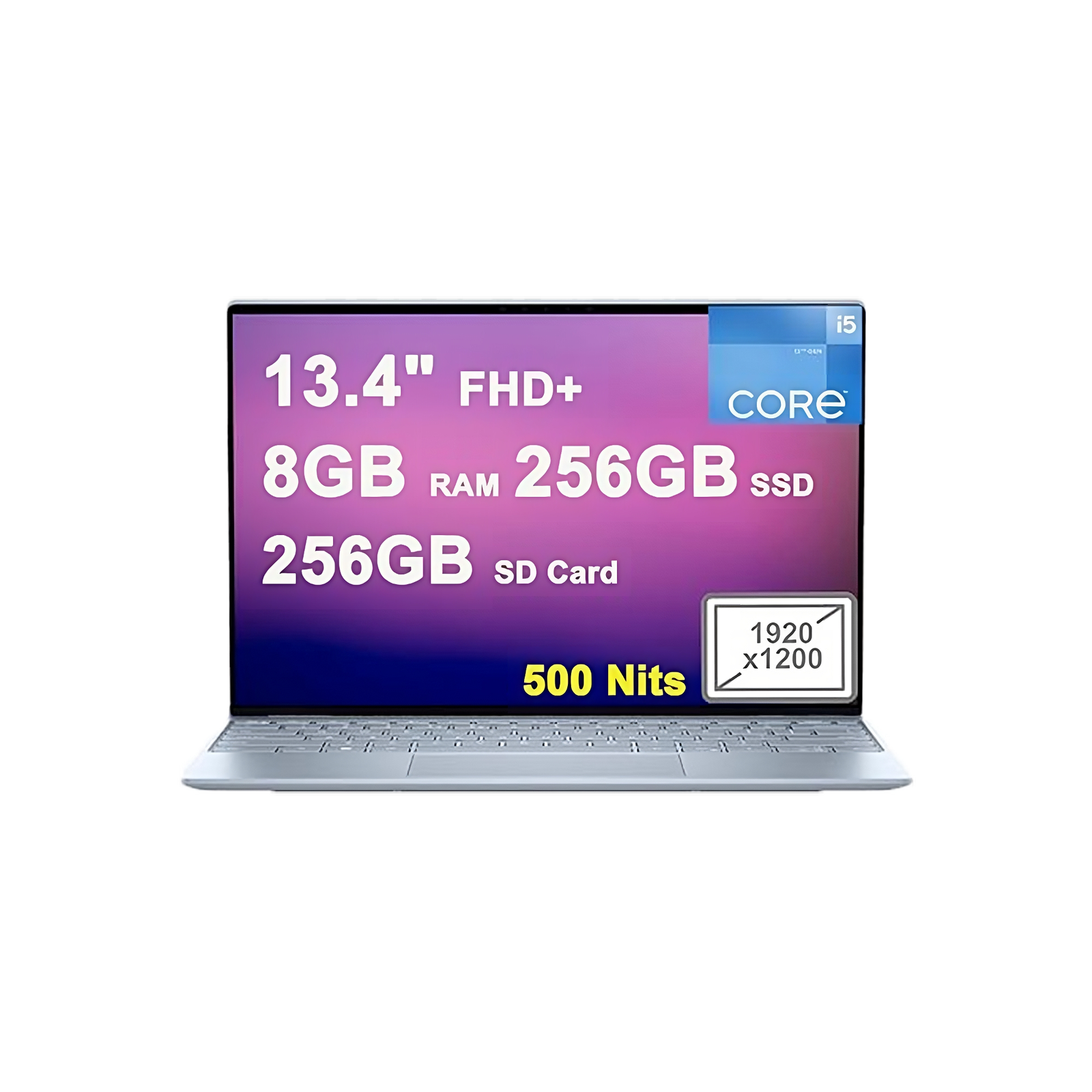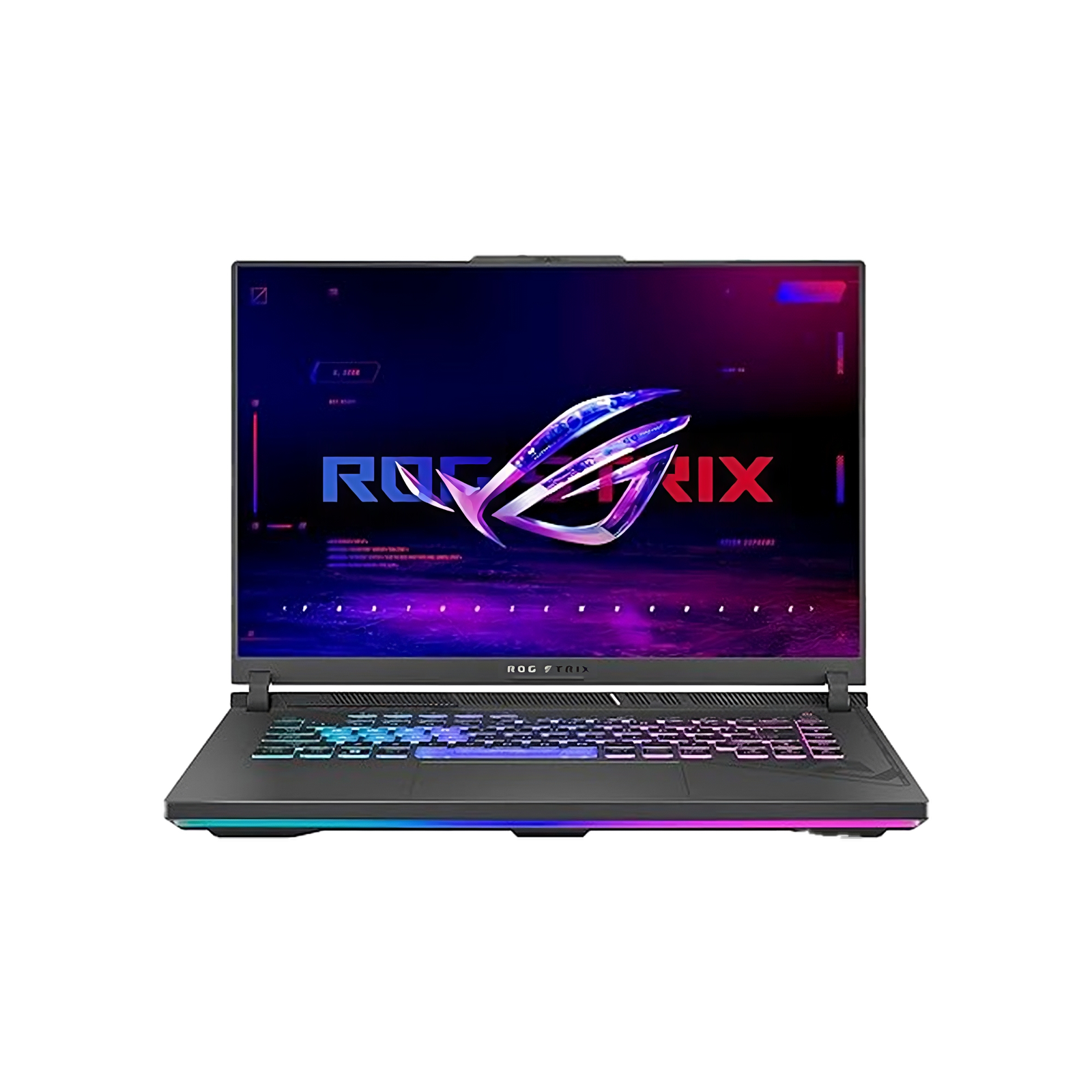IntGaming technology has advanced rapidly over the years, with high-performance gaming systems becoming the standard for serious gamers. Whether it’s powerful gaming PCs, next-generation consoles, or cloud-based gaming, modern advancements have revolutionized the way we experience digital entertainment. High-performance gaming technology enhances graphics, processing speed, and interactivity, creating a truly immersive experience.
In this blog, we will explore the key aspects of high-performance gaming technology, including cutting-edge hardware, software innovations, and emerging trends that are shaping the future of gaming.
The Evolution of Gaming: From Pixels to Realism
Gaming has come a long way from the early days of pixelated graphics and limited processing power. With every new generation of hardware, gaming experiences have become more realistic and engaging. The introduction of technologies such as ray tracing, artificial intelligence, and ultra-fast refresh rates has pushed the boundaries of what is possible in digital gaming.
Key Components of Gaming Systems
1. Powerful Hardware for Gamers
Gaming PCs and Consoles:
- Graphics Processing Units (GPUs): Modern GPUs from brands like NVIDIA and AMD enable lifelike visuals and smooth performance.
- Central Processing Units (CPUs): Multi-core processors, such as Intel Core i9 and AMD Ryzen, offer enhanced gaming speeds.
- High-Speed RAM: Memory speeds play a crucial role in seamless gaming experiences.
- Solid-State Drives (SSDs): Faster load times with NVMe SSDs have replaced traditional HDDs, reducing game lag.
- Cooling Systems: Advanced liquid cooling and fan-based cooling ensure optimal hardware performance without overheating.
Gaming Consoles:
- Next-generation consoles, such as the PlayStation 5 and Xbox Series X, integrate high-performance processors and GPUs to support 4K gaming at high refresh rates.
2. Enhanced Display Technology
- High Refresh Rate Monitors: 144Hz, 240Hz, and even 360Hz screens provide ultra-smooth gameplay.
- 4K and 8K Resolutions: Enhanced graphics quality for more immersive experiences.
- HDR Support: High Dynamic Range (HDR) improves color accuracy and contrast for visually stunning games.
- VR and AR Displays: Virtual Reality (VR) and Augmented Reality (AR) are revolutionizing interactive gaming.
3. Gaming Peripherals That Improve Performance

- Mechanical Keyboards: High-speed key response for competitive gaming.
- Precision Gaming Mice: Adjustable DPI and programmable buttons enhance control.
- Surround Sound Headsets: 3D audio technology creates a more immersive sound experience.
- Haptic Feedback Controllers: Next-gen controllers provide tactile responses to in-game actions.
Innovations in Gaming Software and Optimization
- AI-Driven Graphics Enhancements: NVIDIA DLSS and AMD FSR upscale graphics using artificial intelligence.
- Cloud Gaming Services: Platforms like NVIDIA GeForce Now, Xbox Cloud Gaming, and PlayStation Now allow streaming of high-performance games without expensive hardware.
- Game Engines: Unreal Engine 5 and Unity power the most visually stunning games.
- DirectX 12 and Vulkan: Advanced APIs optimize graphics performance.
The Importance of Internet Speed for Competitive Gaming
5G and Fiber Internet:
- Low-latency gaming with ultra-fast 5G and fiber-optic connections.
- Cloud gaming services rely on strong internet infrastructure for seamless streaming.
- Reduced ping times for a more competitive edge in online multiplayer gaming.
Wi-Fi 6 and Gaming Routers:
- Enhanced speed and stability for wireless gaming.
- Prioritized bandwidth for gaming traffic.
- Lower latency and better connection reliability.
Exciting Emerging Trends in the Gaming Industry
Ray Tracing and Graphics Advancements
Ray tracing technology enhances lighting, shadows, and reflections, making games more lifelike than ever.
AI and Machine Learning in Gaming
- AI-driven NPCs (Non-Playable Characters) provide more realistic in-game interactions.
- Machine learning adapts difficulty levels based on player skill.
- AI-generated environments create dynamic and unpredictable gaming experiences.
The Future of Virtual and Augmented Reality
- Next-gen VR headsets provide high-resolution and wireless capabilities.
- AR gaming integrates real-world elements into digital gameplay.
The Growth of eSports
- Professional gaming leagues and tournaments continue to grow in popularity.
- High-refresh-rate monitors and minimal input lag are essential for eSports athletes.
- Streaming platforms like Twitch and YouTube Gaming enable global gaming communities.
Overcoming Challenges in High-Performance Gaming
High Costs and Hardware Availability
Cutting-edge gaming hardware can be expensive, and shortages in certain components can increase demand and pricing.
Overheating and Power Efficiency
Advanced cooling solutions are necessary for high-performance gaming rigs, with ongoing energy efficiency improvements to reduce the environmental impact.
Looking Ahead: The Future of Gaming Technology
The gaming industry is constantly evolving, with future advancements promising even more immersive experiences. Cloud gaming, AI-driven optimizations, and quantum computing could redefine gaming performance in the coming years. Companies like NVIDIA, AMD, Sony, and Microsoft are leading the charge in shaping the next era of high-performance gaming.
Conclusion
High-performance gaming technology is at the forefront of entertainment innovation. From ultra-powerful GPUs to next-gen VR experiences, the gaming landscape is more advanced than ever. As technology continues to evolve, gaming will become more immersive, realistic, and accessible for players worldwide.
Are you ready for the future of high-performance gaming? Share your thoughts and favorite gaming technologies in the comments!

Samsung Galaxy Z Fold6 – 512GB Unlocked Smartphone
Original price was: $2,019.99.$1,629.00Current price is: $1,629.00.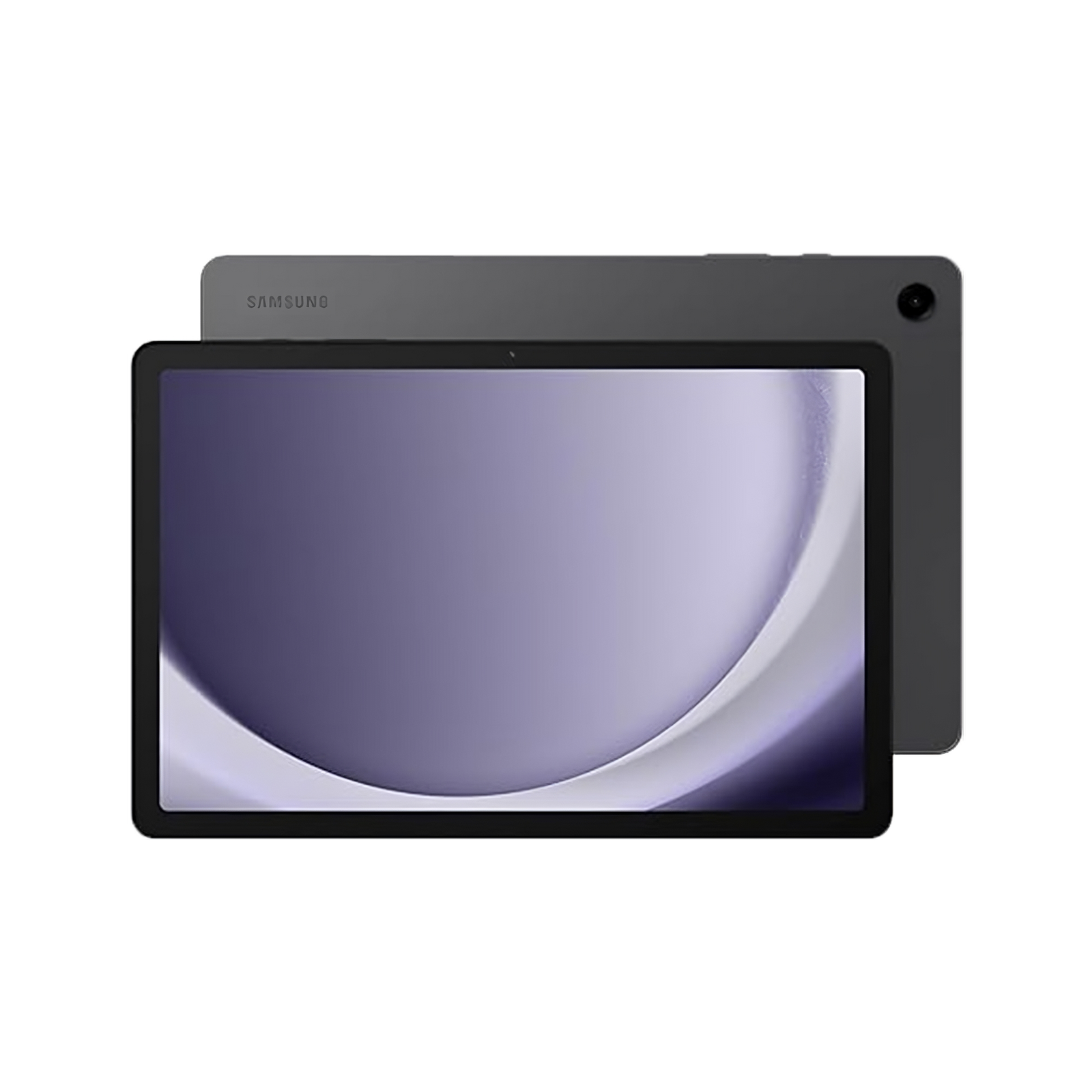
Family Fun Elevated: Samsung Galaxy Tab A9+
Original price was: $219.99.$139.99Current price is: $139.99.
Moto G Play (2023) Unlocked Smartphone
Original price was: $111.78.$99.99Current price is: $99.99.
Sony Xperia 1 V - A Smartphone for Creators
Original price was: $1,399.99.$998.00Current price is: $998.00.
The AOSU Security Cameras Wireless Outdoor Home System
Original price was: $199.99.$139.99Current price is: $139.99.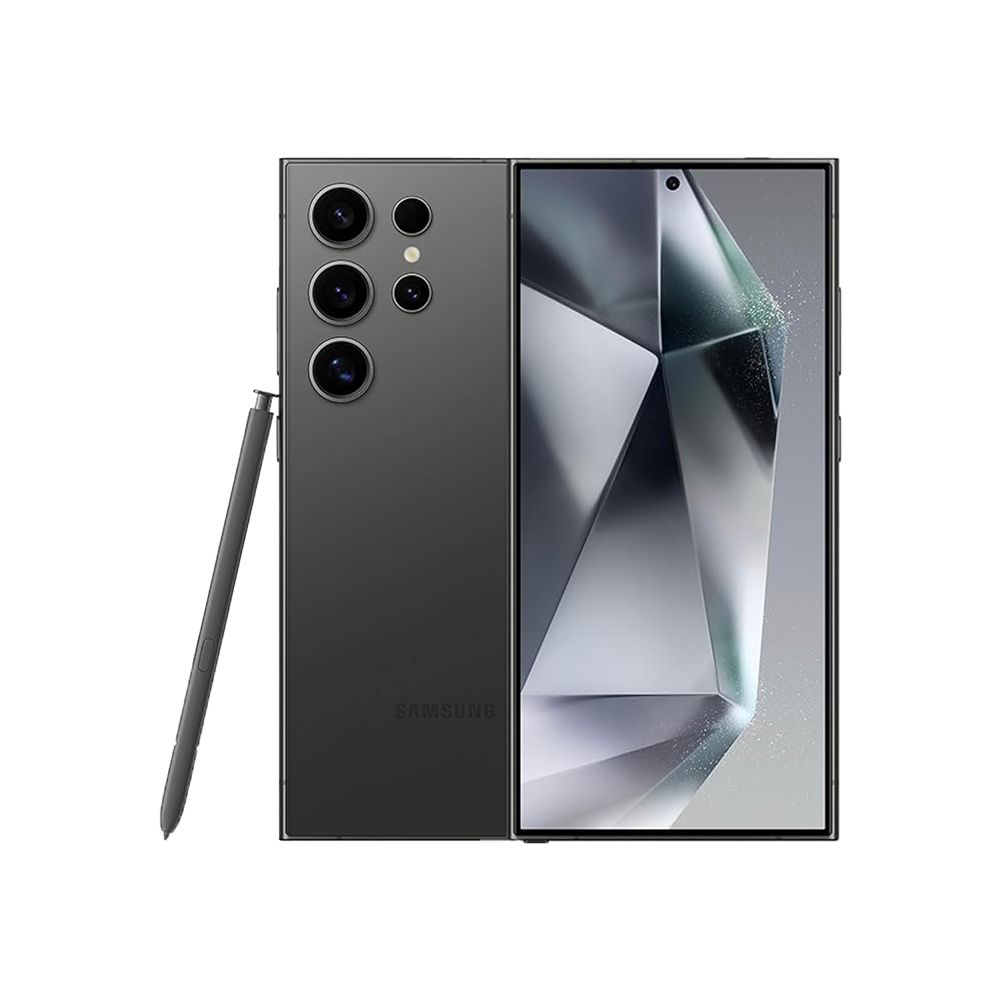
Samsung Galaxy S24 Ultra - 200MP Camera, 512GB Storage | 2024’s Best Smartphone
Original price was: $1,419.99.$1,069.99Current price is: $1,069.99.
JBL Wireless Headphones – Pure Bass Sound with Long Battery Life
Original price was: $39.95.$29.95Current price is: $29.95.
Beats Studio Buds – True Wireless Noise Cancelling Earbuds
Original price was: $149.95.$99.15Current price is: $99.15.
TP-Link Tapo C100 Review: 1080P Indoor Security Camera
Original price was: $24.99.$17.99Current price is: $17.99.
HP 14 Laptop (Model 14-dq0040nr) – Snowflake White
Original price was: $209.99.$178.40Current price is: $178.40.
Kasa Smart Indoor Pan-Tilt Home Security Camera (EC71)
Original price was: $34.99.$23.99Current price is: $23.99.
Arlo Video Doorbell 2K – 180° View & Night Vision Security
Original price was: $129.99.$99.99Current price is: $99.99.

